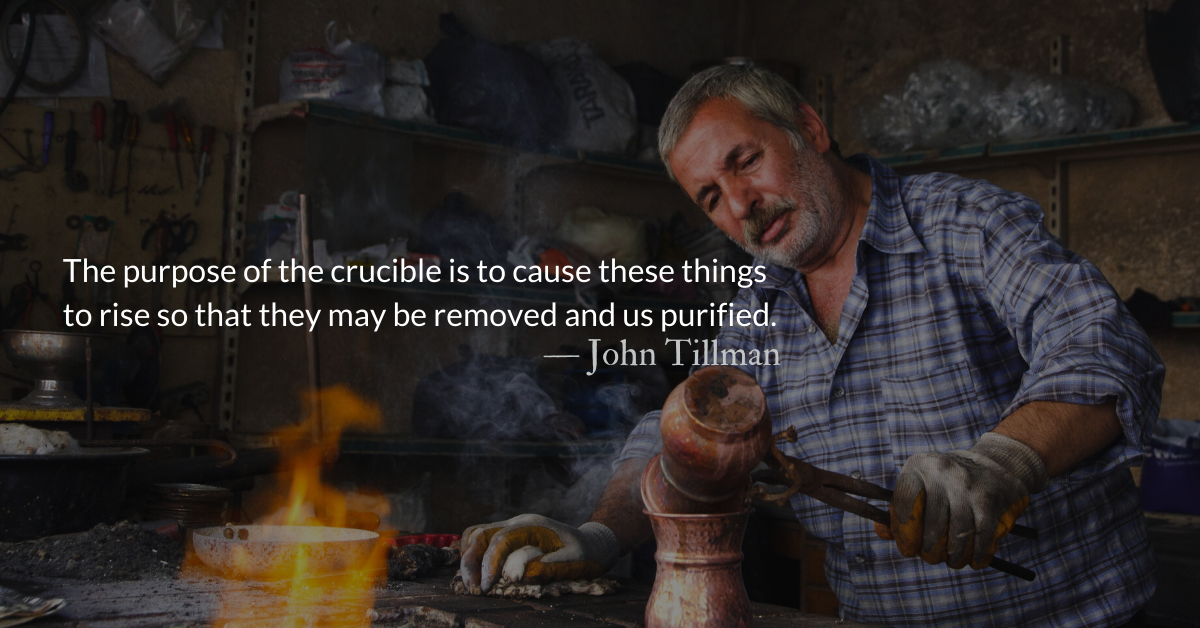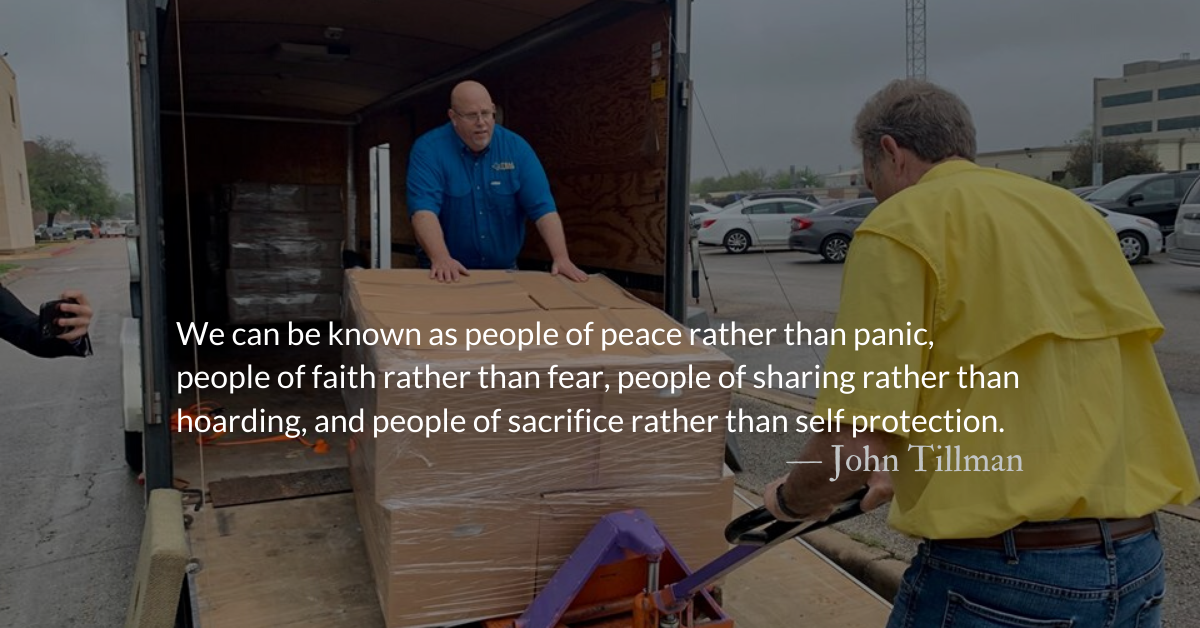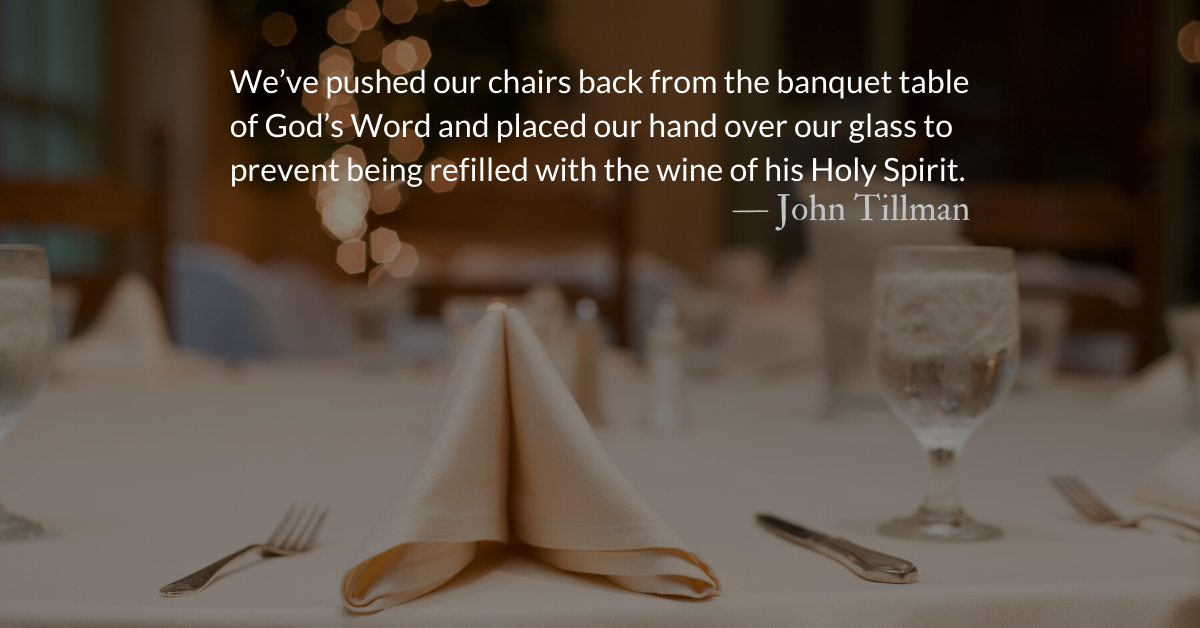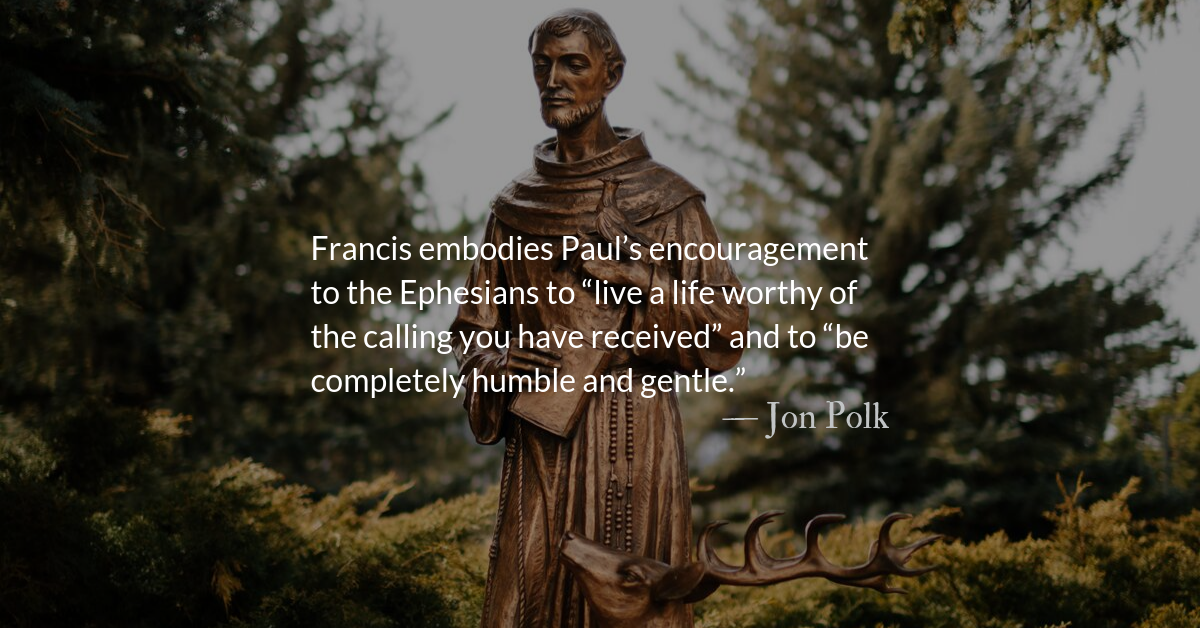Scripture Focus: Ephesians 6.10, 13
Be strong in the Lord and in his mighty power…so that when the day of evil comes, you may be able to stand your ground, and after you have done everything, to stand.
Reflection: Confession as a Crucible
By John Tillman
The crucible of COVID-19 is revealing in our society and ourselves the ugliest most sinful parts of our nature.
In our society we have already seen this crucible give rise to racial hatred as Chinese-Americans face violence and verbal attacks. We have seen hoarding and even violence over scant medical supplies. We have seen carelessness and a selfish refusal to observe CDC guidelines by spring break partiers and planners of weddings and other gatherings. And being cooped up with our families for days, we have all probably seen our tempers and frustrations flare at one another.
These failings remind us that we are weak and it is only in God’s mighty power that we may be able to stand.
The purpose of the crucible is to cause these things to rise so that they may be removed and us purified. Rather than deny their existence or give in to their ugliness, may submission to Christ and his Word draw these elements out of us to be disposed of as dross and fruits of the Holy Spirit shine forth instead.
Lord, help us to see our current sufferings and struggles as evil that you will use for good.
May the flames of suffering that some may think will destroy us be used by your Holy Spirit to purify and strengthen us.
Reflect in prayer on part of the hymn, “How Firm a Foundation.” (The great hymn’s authorship is unknown, attributed only to the mysterious “K.” It was published in 1787 by John Rippon.)
“Fear not, I am with thee; oh be not dismayed
For I am thy God and will still give thee aid
I’ll strengthen thee, help thee, and cause thee to stand
Upheld by My righteous, omnipotent hand
When through the deep waters I call thee to go
The rivers of sorrow shall not overflow
For I will be with thee, thy troubles to bless
And sanctify to thee thy deepest distress
When through fiery trials thy pathways shall lie
My grace all sufficient shall be thy supply
The flame shall not hurt thee; I only design
Thy dross to consume and thy gold to refine
The soul that on Jesus has leaned for repose
I will not, I will not desert to its foes
That soul, though all hell should endeavor to shake
I’ll never, no never, no never forsake.”
*How Firm A Foundation” recording by Norton Hall Band — SBTS
Divine Hours Prayer: The Call to Prayer
Worship the Lord in the beauty of holiness; let the whole earth tremble before him. — Psalm 96.9
– Divine Hours prayers from The Divine Hours: Prayers for Springtime by Phyllis Tickle.
Today’s Readings
Proverbs 13 (Listen 2:45)
Ephesians 6 (Listen -3:17)
Read more about The Labor of Love
The believers were transformed by the labor of love within them. Their attitude towards their suffering had changed.
#Suffering #LaborOfLove #Love #Faith #Work #Transformation
Read more about Cameos of Love
May God raise up in us the image of Christ, and carve away from us other parts of our lives to show to the world, his perfect cameo











